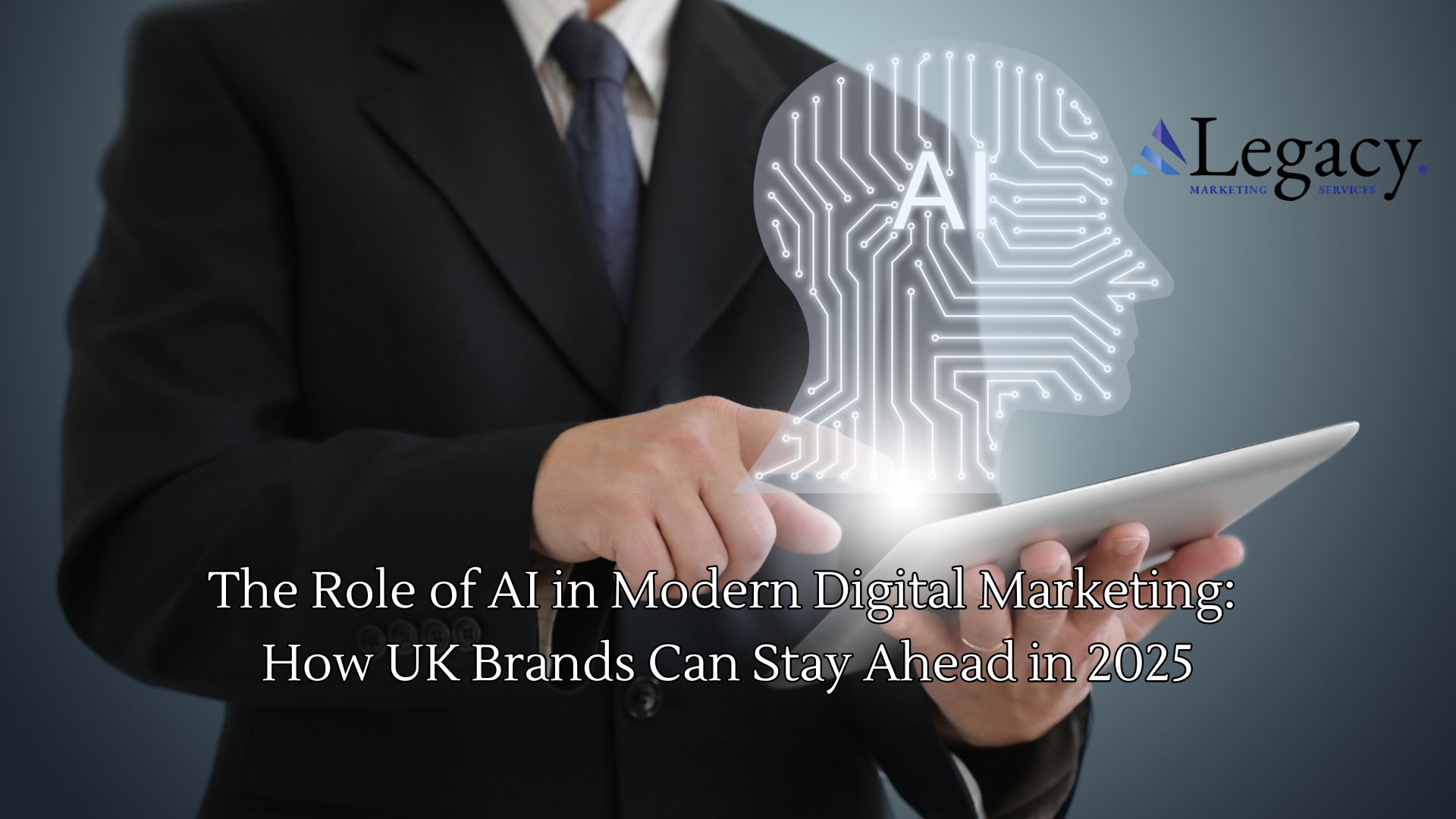In today’s fast-paced digital landscape, businesses are constantly seeking innovative ways to capture audience attention, personalise user experiences, and drive results. Artificial Intelligence (AI) has emerged as a game-changing technology in modern digital marketing, enabling marketers to make data-driven decisions, automate complex processes, and deliver more targeted campaigns. This article explores how AI is reshaping digital marketing strategies and what it means for the future of customer engagement.
Enhancing Customer Experience Through Personalisation
One of the most significant contributions of AI to digital marketing is its ability to enhance customer experiences. AI-powered tools analyse massive amounts of data—including browsing history, past purchases, and engagement metrics—to build detailed customer profiles. These insights allow marketers to create personalised content, product recommendations, and advertisements that align with individual preferences.
Dynamic Content Generation
AI algorithms can generate personalised emails, landing pages, and product suggestions in real-time. This level of customisation improves user engagement and increases conversion rates, as customers are more likely to respond to content that resonates with their interests.
AI Chatbots for Real-Time Interaction
With natural language processing (NLP), AI chatbots can simulate human-like conversations, providing instant support and answers to queries. These tools are active 24/7, ensuring that potential leads are not lost due to delayed responses, and they help in guiding users through the buying journey.
Data-Driven Decision Making
Digital marketing thrives on data, and AI enables marketers to make sense of large, complex datasets quickly. Machine learning models can detect patterns, identify high-performing customer segments, and predict future trends. This foresight allows for more strategic decision-making in campaign planning and budget allocation.
Predictive Analytics
AI-driven predictive analytics can forecast customer behaviour, allowing marketers to proactively tailor campaigns. For example, by identifying customers likely to churn, businesses can target them with retention-focused messaging before it’s too late.
Sentiment Analysis
AI tools can analyse social media comments, reviews, and feedback to gauge public sentiment toward a brand or product. This real-time insight helps marketers respond to issues promptly, adjust messaging, or even inform product development.
Content Strategy and Creation
Creating consistent, engaging, and relevant content is a challenge for many marketers. AI tools are stepping in to streamline this process by identifying trending topics, generating content suggestions, or even writing initial drafts of articles or ads.
SEO Optimization
AI can analyse search algorithms and user behaviour to suggest high-performing keywords, optimal content length, and backlinking opportunities. Tools like AI-based SEO platforms automate much of the optimisation process, saving time and boosting search visibility.
Social Media Management
AI enables marketers to manage and optimise social media campaigns by determining the best times to post, analysing engagement metrics, and even generating hashtags and captions based on user behaviour trends.
Advertising and Media Buying
AI has dramatically improved the efficiency of digital advertising through programmatic advertising—automated bidding on ad space in real-time using data insights. This approach ensures that ads are delivered to the right audiences at the right time and for the best price.
Audience Targeting
Using AI, advertisers can segment audiences based on behavioural patterns, demographics, and interests. Lookalike modelling can also identify new users who are similar to your most valuable customers, increasing ROI on ad spending.
Performance Tracking and Optimisation
AI not only launches campaigns but also continuously monitors and optimises them. Algorithms assess performance data in real-time and make adjustments to bidding strategies, targeting, and creative placements to maximise results.
Challenges and Considerations
While AI offers numerous benefits, it also comes with challenges such as data privacy concerns, the need for high-quality data, and the risk of depersonalization if over-automated. Marketers must strike a balance between automation and human touch to maintain authentic customer relationships.
Data Ethics and Compliance
With increased scrutiny on data collection practices, businesses must ensure they adhere to regulations like GDPR and CCPA. Responsible use of AI includes transparency about data use and implementing systems for consent management.
Human Oversight
Despite AI’s capabilities, human intervention is still critical. Marketers must review AI-generated insights and outputs to ensure they align with brand voice, values, and customer expectations.
Conclusion
AI is transforming the digital marketing ecosystem by enabling personalisation at scale, driving smarter decision-making, and optimising campaign performance. As AI continues to evolve, marketers who embrace and adapt to its capabilities will be better equipped to stay competitive, innovate their strategies, and deliver exceptional customer experiences.

